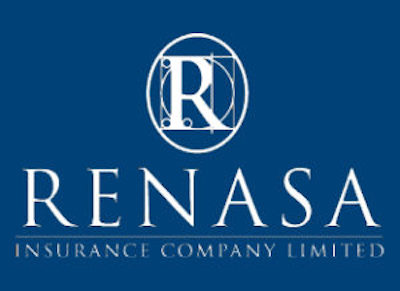Jonty Sacks, Partner, Jaltech Fund Managers
Recent amendments to South Africa’s tax legislation will require taxpayers who are working offshore to pay income tax on that portion of their overseas salary that exceeds the R1.25 million per annum threshold.
The choice facing expat salary earners is clear: You can either pay over your additional dues to the revenue services or you can find a way to reduce your tax liability. One solution is to invest in an approved Section 12J investment. If you invest in an approved Section 12J fund you can deduct the entire amount of the investment from your taxable income in the year in which the investment is made. This deduction is conditional on you remaining invested in the fund for a minimum period of five years and is subject to an R2.5 million annual investment cap for individual taxpayers.
We have a number of investors who are working offshore and have found investing in Section 12J funds to be an optimal tax solution. The difficulty that most expats encounter when considering these solutions is in selecting a fund that will generate meaningful returns in addition to the tax benefit. I have undertaken a comprehensive review of Section 12J funds to identify factors that constrain returns in the sector. We have found that the poor return performances of certain Section 12J funds is directly attributable to three factors, namely cash drag, high performance fees, and the poor performance of underlying investments.
There has been some confusion around the performance fees published in the marketing material of section 12J funds. One of the concerns is with the practice of including tax benefits in the overall return calculation. The fee socalculated, commonly referred to as a Net Investment Performance Fee, is considered excessive due to the fund manager being compensated not only on the performance of the investment but also on the tax refund received by the taxpayer. The tax benefit has nothing to do with the fund management function and practices of this nature materially affect the investors’ return expectations.
Cash drag is an important concept in the Section 12J investment universe and refers to a failure by the fund to invest historic investors’ capital timeously. Investors in these funds end up earning interest on their capital instead of the meaningful growth that should have accrued from the intended underlying investments. You should make sure that the manager of your preferred Section 12J fund is able to invest capital under management within a reasonable time frame.
The returns generated by the underlying investments in a Section 12J fund will vary from one fund type to the next and are subject to the usual vagaries of the economy. Returns can suffer due to poor economic growth or any number of unforeseen events. COVID-19, which afflicted the globe through much of 2020 and the first quarter of 2021, has undoubtedly affected the performance of many Section 12J funds, thereby eroding investors’ returns.
Expats who are considering investing in this sector to reduce their income tax liability should conduct due diligence to ensure that the aforementioned factors are not present in their preferred section 12J fund and that their selection is in line with their return and risk objectives Jaltech Fund Managers is optimistic about the return prospects from certain sectors of the economy. Investors who prefer high growth might consider Aurik Capital, which has a pipeline of investible businesses courtesy of Aurik Business Accelerator, a business founded by radio personality and author Pavlo Phitidis.
Those who prefer asset-backed investments could invest in the Infinity Anchor Fund which has topped its class in 2019 and 2020 by investing into a portfolio of asset-backed businesses that earn rental income from the leasing of movable assets. The Infinity Anchor Fund Stable is a second option that offers asset-backed returns with the additional benefit of guaranteed income and guaranteed capital upon exit.
Those who prefer ‘old school’ brick and mortar investments might choose Zimbali Capital, which generates returns based on high-quality student accommodation and hospitality assets across South Africa.


